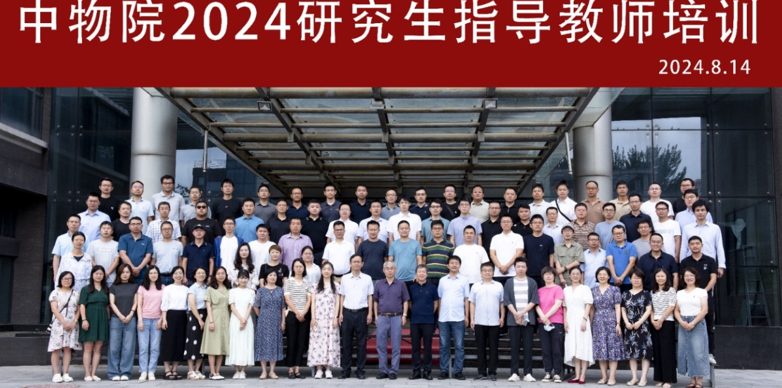
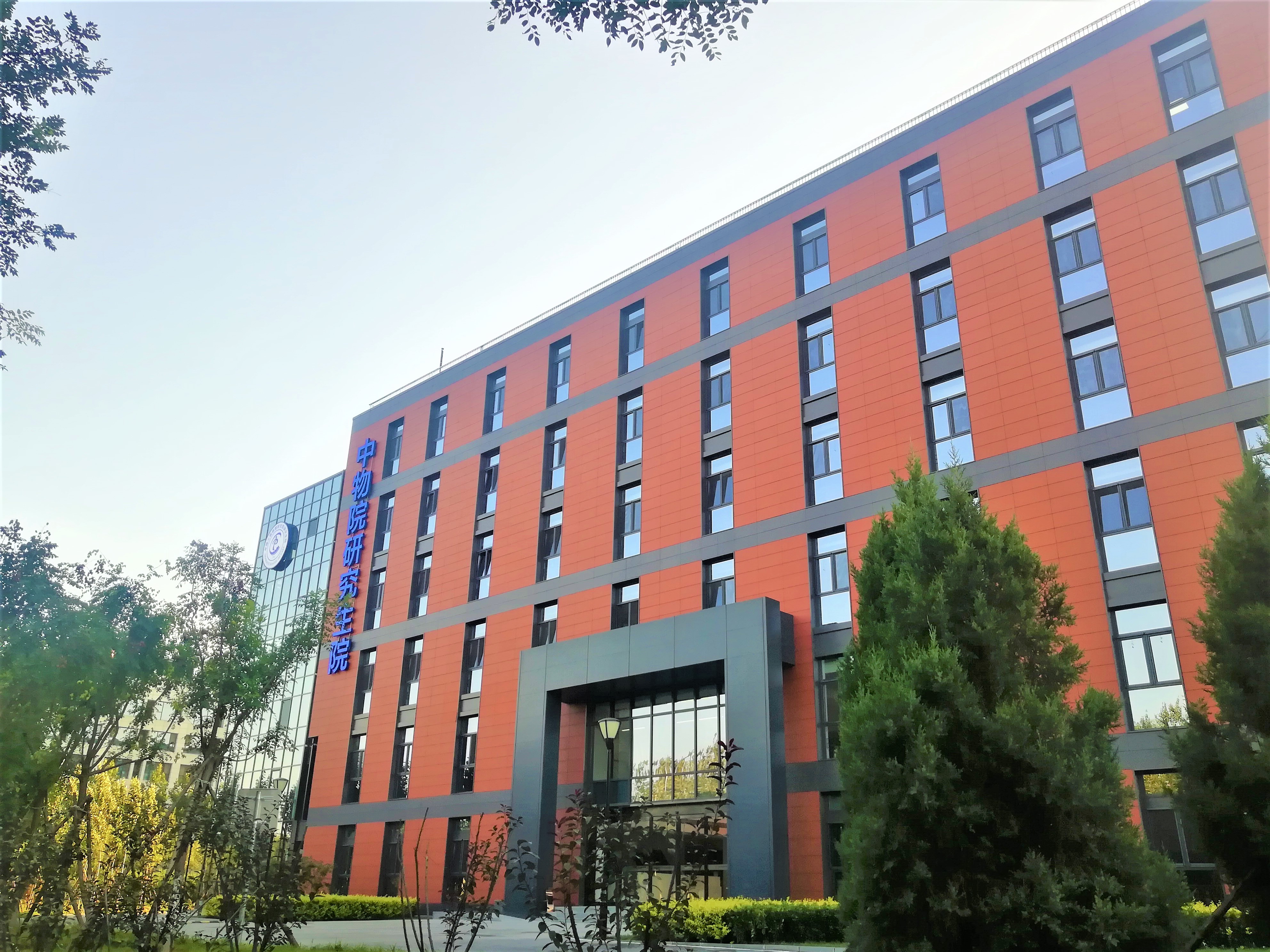
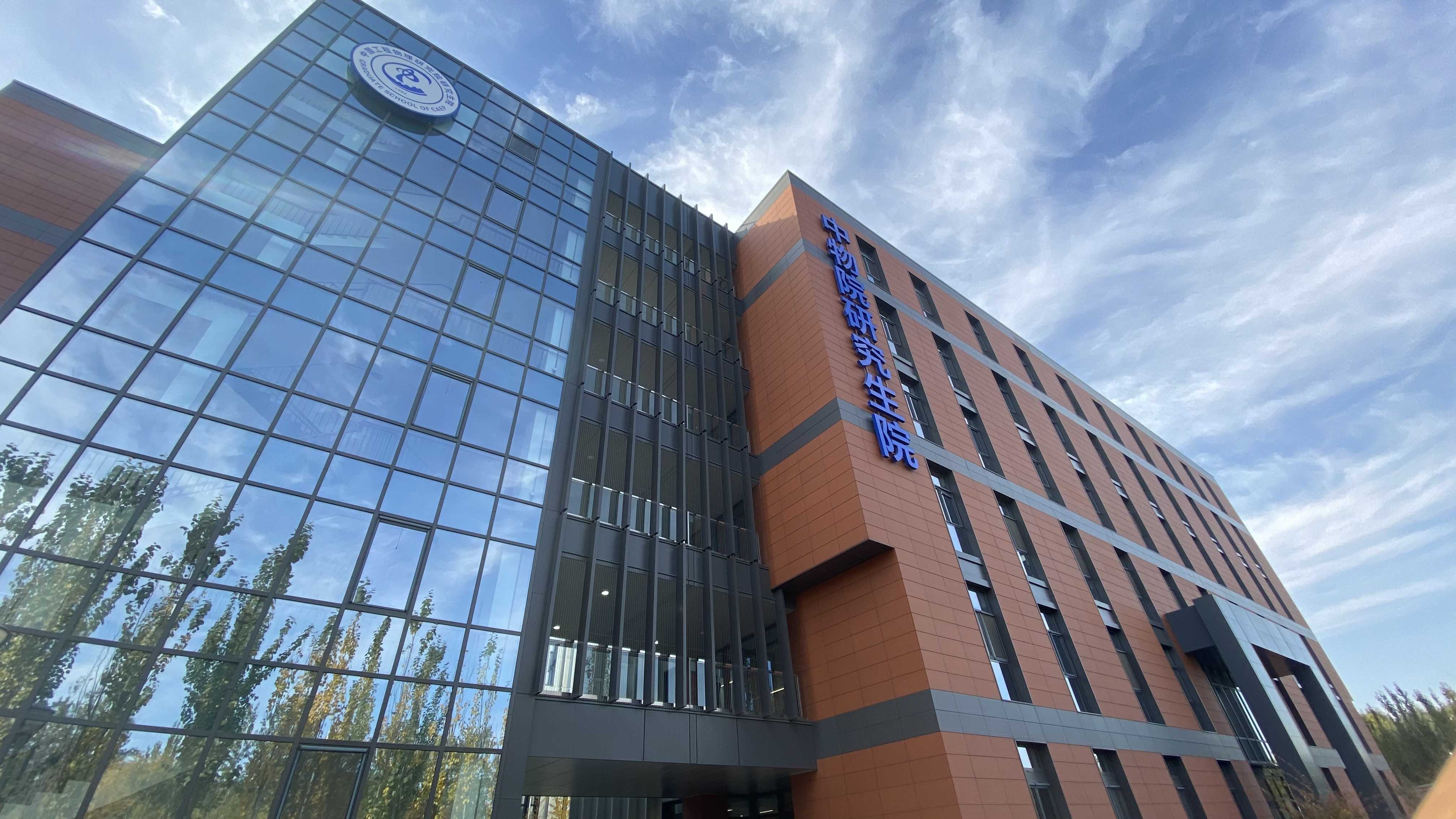
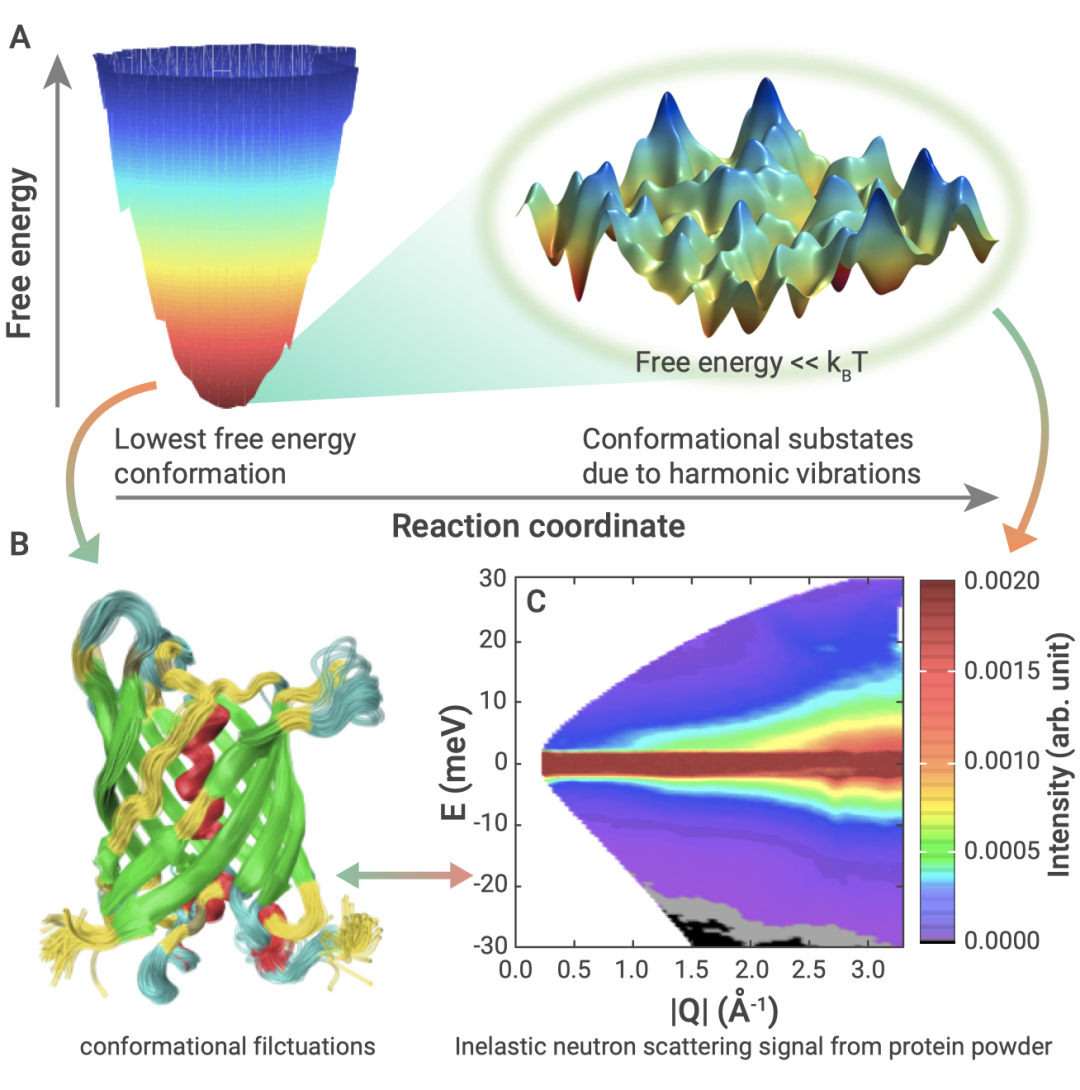

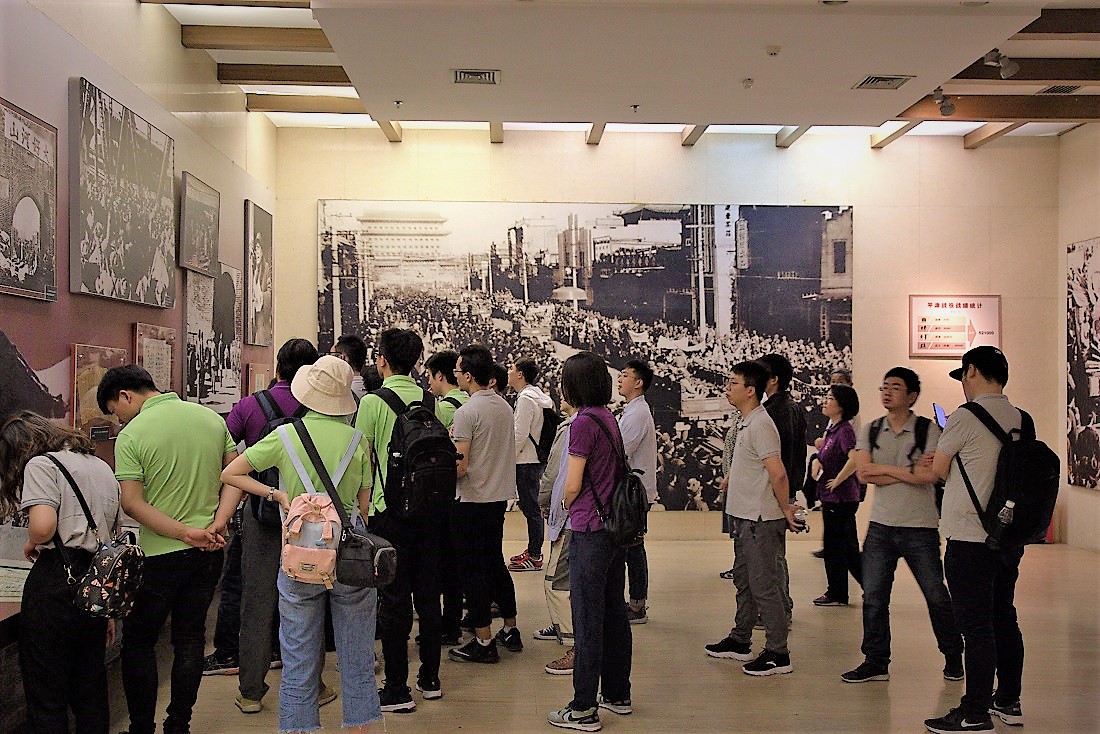









In the early autumn, as the golden season brings a refreshing breeze, the two-day 2024 Mentor Training at China Academy of Engineering Physics concluded successfully in Beijing. The training gathered numerous experts and scholars from both inside and outside the academy to discuss the development trends in graduate education, share extensive educational experiences, and provide valuable insights and support for cultivating high-quality graduate talents.
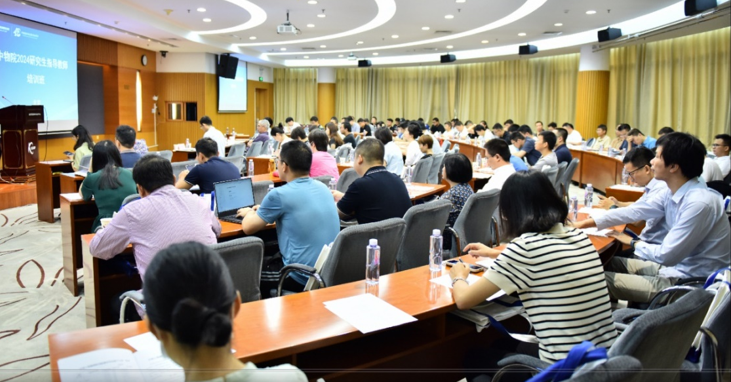
On August 14, the training conference was grandly opened at the Yingwu Conference Center. Libin Fu, Vice Dean of the Graduate School, delivered a sincere and inspiring welcome speech. He highly recognized the core role of mentors in graduate education and expressed deep expectations for the attending mentors: they should seize this learning opportunity with an open mindset, actively absorb new knowledge, continuously improve themselves, and become beacons guiding graduate students in their academic exploration, thus jointly advancing the qualitative leap in graduate education. Jianhui Shan, Vice Dean, provided a detailed introduction to the conference schedule, ensuring that each mentor could fully participate and benefit.
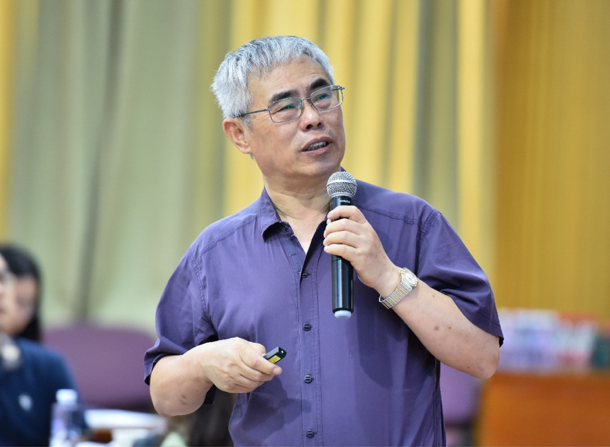
Academician Changpu Sun, with his profound academic expertise and extensive educational experience, provided an in-depth analysis of the essence and mission of the distinctive graduate education at China Academy of Engineering Physics. He emphasized that the academy should adhere to its unique development path, focusing on cultivating high-quality graduate students with innovative spirit and practical skills to contribute to national scientific advancement and social development. Additionally, he shared valuable experiences from his own graduate studies and insights into mentoring graduate students.
Professor Gang Su from University of Chinese Academy of Sciences shared his extensive experiences and profound insights from his time at the Chinese Academy of Sciences. He pointed out that fundamental research is the cornerstone of scientific advancement and social development, while graduate education is a crucial link in cultivating high-level innovative scientific talents. The new wave of technological revolution will be led by cutting-edge fields such as artificial intelligence, which demands continuous innovation in educational models and methods in graduate education.
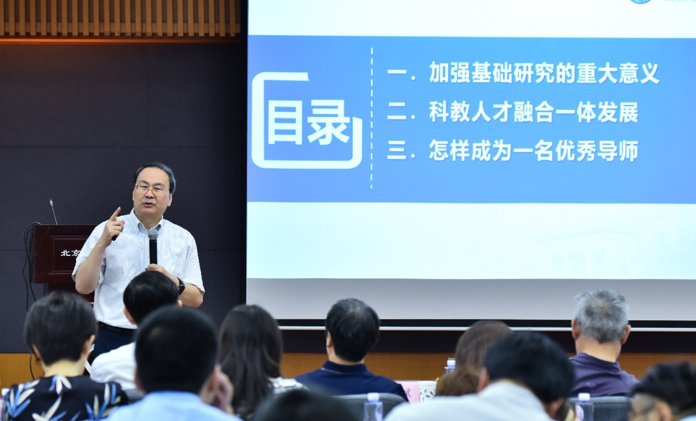
Outstanding young mentor Wenquan Zhang from our academy shared valuable experiences from his personal practice, focusing on the perspective of graduate education. He emphasized that mentors play multiple roles in the development of graduate students. They should not only focus on improving students' research capabilities but also guide their interests and hobbies and shape correct educational values.
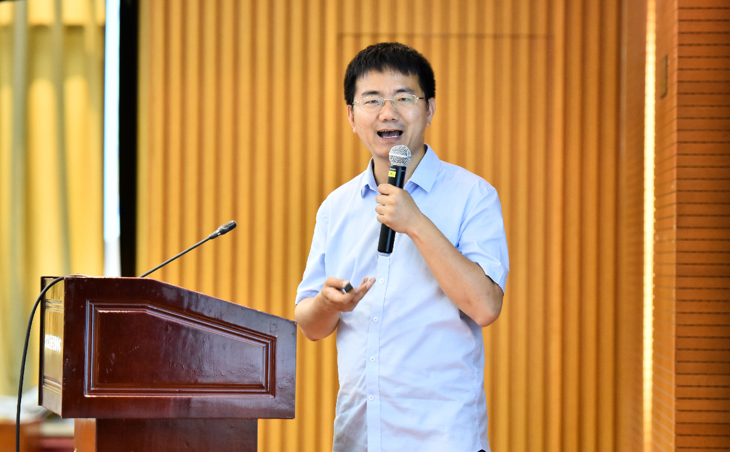
For this training, we invited Dr. Kaiwen Xu, founder of Da Ru Psychology, to provide an in-depth analysis and explanation of graduate student mental health issues. Dr. Xu's lecture not only heightened attendees' awareness of student mental health problems but also offered practical crisis intervention strategies and vivid, rich case studies. This provided strong support for the development of our academy's graduate student mental health education and crisis intervention system.
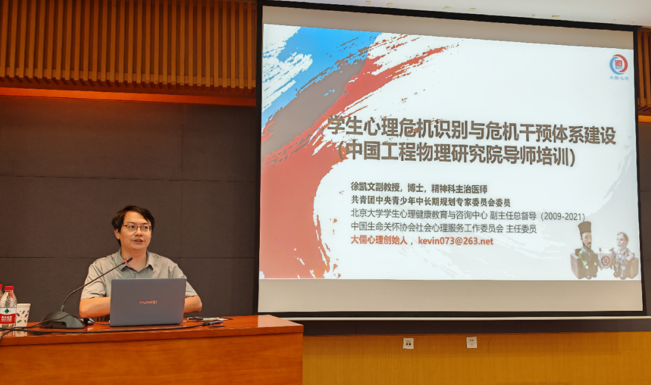
Senior and distinguished mentor Wangguo Zheng from our academy shared his experiences and reflections on various aspects of graduate education, including admissions, topic selection, research implementation, and thesis writing, in light of the new circumstances and requirements faced by current graduate education. He particularly emphasized the importance of effectively utilizing graduate student resources and hoped that new mentors would place high importance on and make full use of this valuable resource.
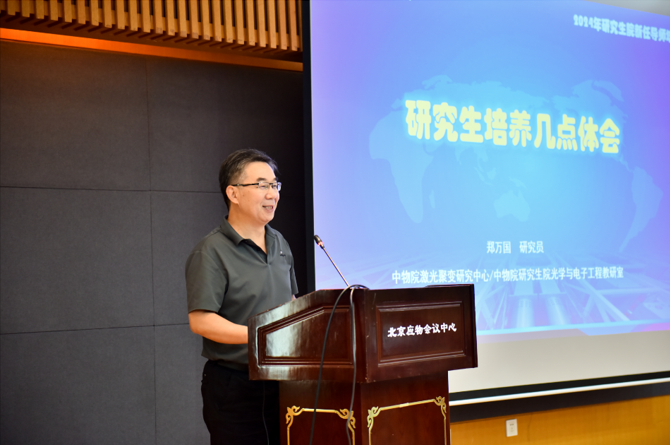
Libin Fu, Vice Dean of the Graduate School, provided a comprehensive explanation and in-depth analysis of the important role and mission of mentors as the primary responsible party for graduate education. He discussed the positioning of mentors, the development history of our academy’s graduate education, and the key role of mentors in graduate education. He encouraged mentors to focus on students' contributions and innovative spirit, to establish a positive teacher-student relationship in research, and to achieve mutual growth and progress in teaching.
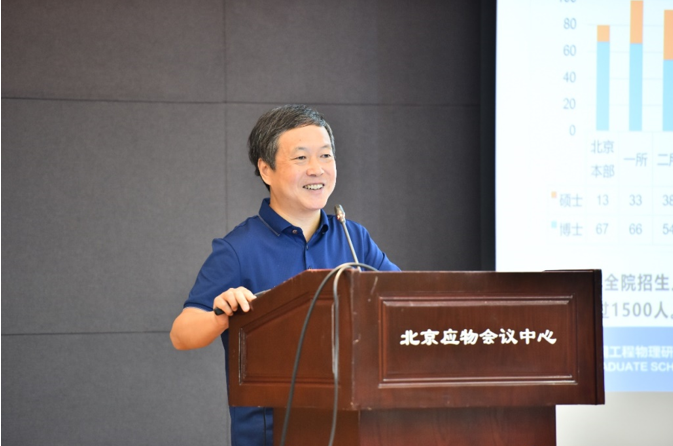
In the second phase, the Admissions and Training Office and the Student Affairs Office of the Graduate School provided mentors with detailed information about graduate admissions, training, daily student management, and employment. Through detailed explanations and interactive discussions, the mentors gained a more comprehensive and in-depth understanding of various aspects of graduate education.
This training conference was not only a feast of knowledge and a collision of ideas but also a spiritual cleansing and a passing on of responsibility. The attending mentors expressed their commitment to applying what they have learned to their actual work in graduate student training, contributing to the continuous improvement of our academy’s graduate education quality. We believe that, with the joint efforts of all mentors, our academy’s graduate education will continue to reach new heights in the future.
